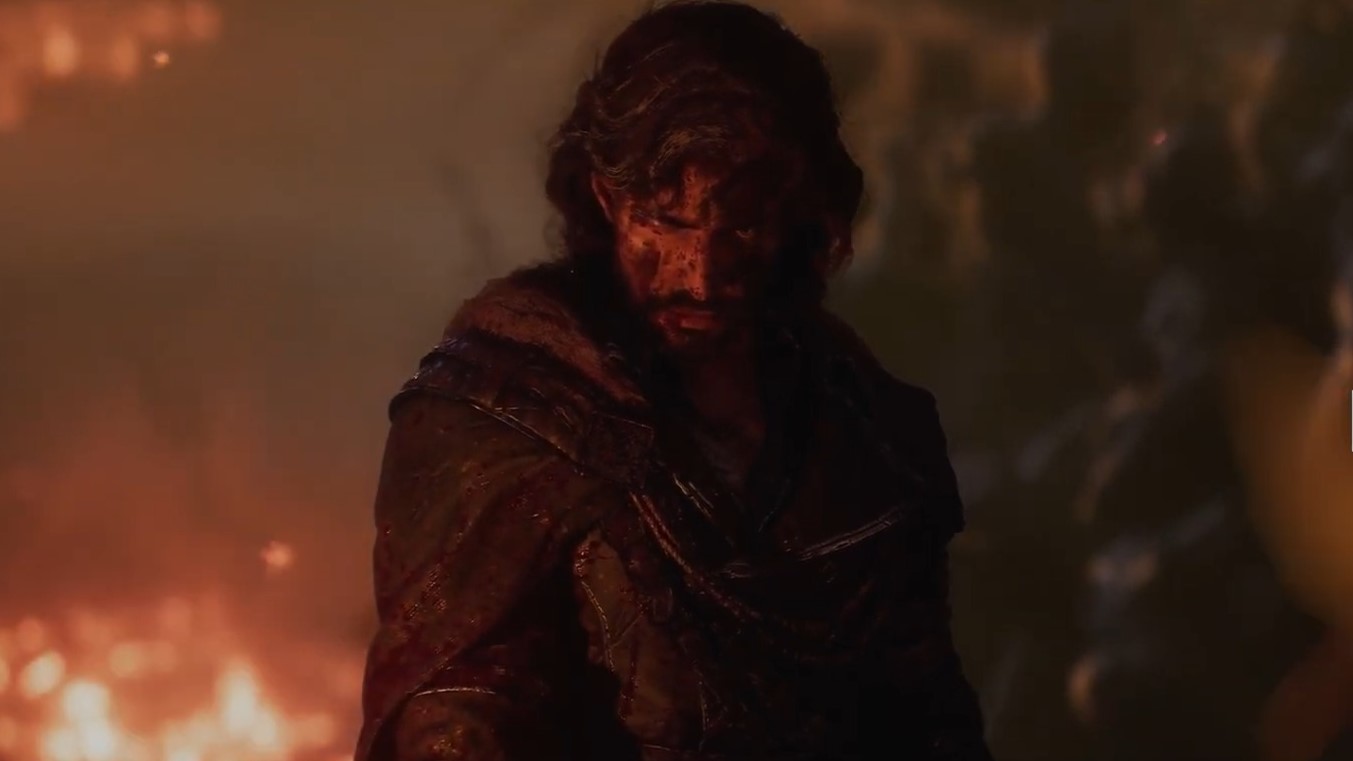With Bethesda and Bioware AWOL, can Xbox Game Studios step up to be an RPG leader?
Who'd have thought that one day, Microsoft might be a leading RPG mega-publisher?

Once upon a time, I would've called both Bethesda Game Studios and Bioware my two top developers. Both studios are responsible for some of the best games ever made, including The Elder Scrolls V: Skyrim, and Mass Effect 2.
Full of player choice, breadth, and potentially hundreds of hours of gameplay, Western RPGs feel like a struggling breed, where mega=publishers like Bethesda and Bioware's respective parent companies, Zenimax and EA, realize they can make far more money with far less investment chasing mobile phone games and microtransaction-laden service games like Fallout 76 and Anthem. Both suffered their fair share of criticism for blandness, bugs, and, at worst, boredom-inducing gameplay. Despite that, both games enjoy an active fanbase of players who are presumably paying up in perpetuity, justifying EA and Zenimax's continued investment in these low-rent pseudo-RPG efforts.
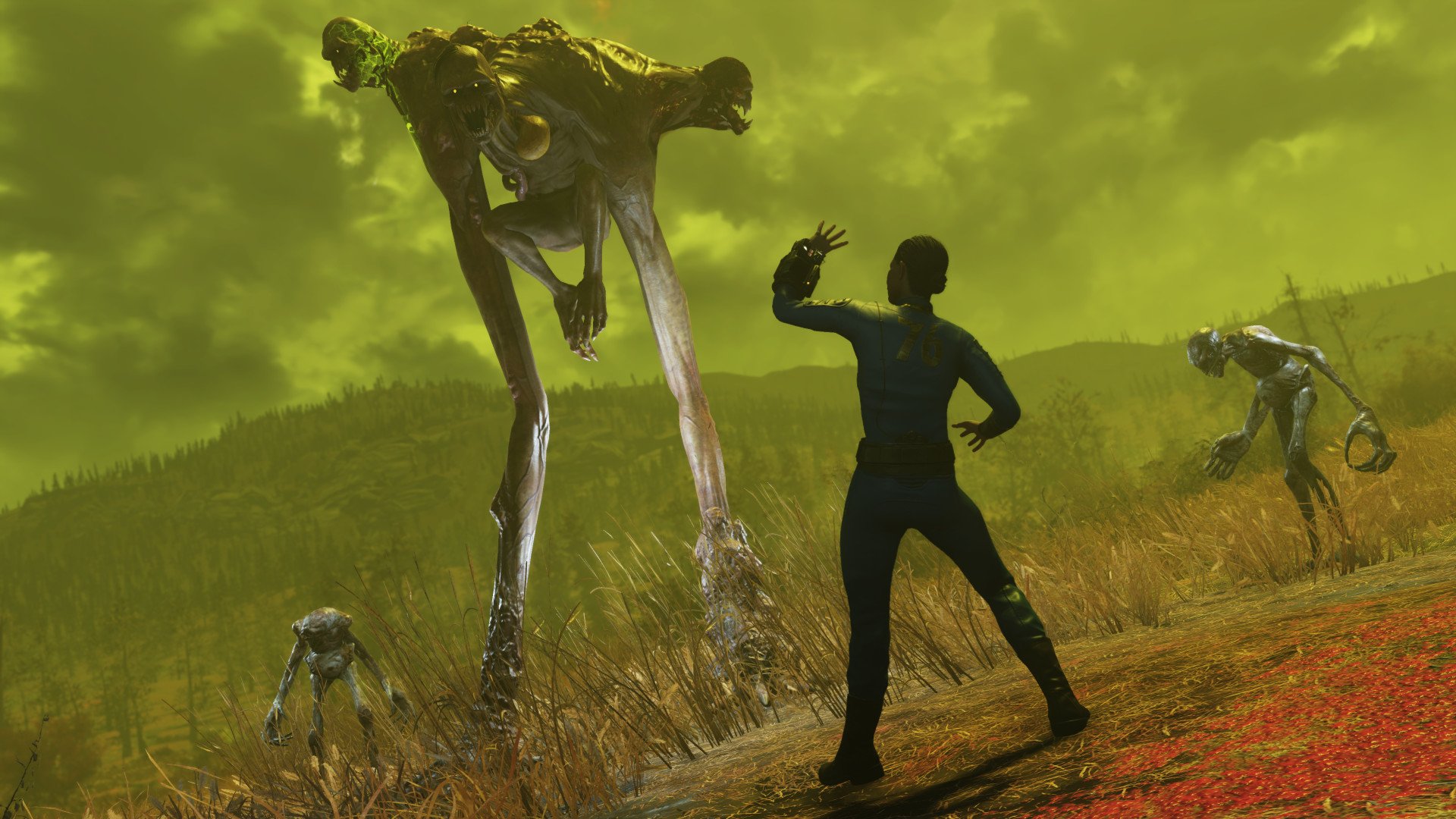
There are signs that this online focus isn't permanent, though. Bethesda is working on The Elder Scrolls VI, which we can only hope isn't some weak multiplayer service game. Likewise, EA is still trucking along with a new Dragon Age title, despite several high-profile departures from Bioware's development team in recent years.
Indie developers have also put out some absolute bangers in recent years, including Larian's Divinity Original Sin II, and the recent Steam hit Disco Elysium is also making waves. And of course, we have Cyberpunk 2077 on the horizon, from RPG darlings CD Projekt RED.
Either way, it seems surprising then that it has become Microsoft, out of all of the larger publishers, who is stepping up to the RPG plate.
Obsidian, inXile, Playground Games, oh my
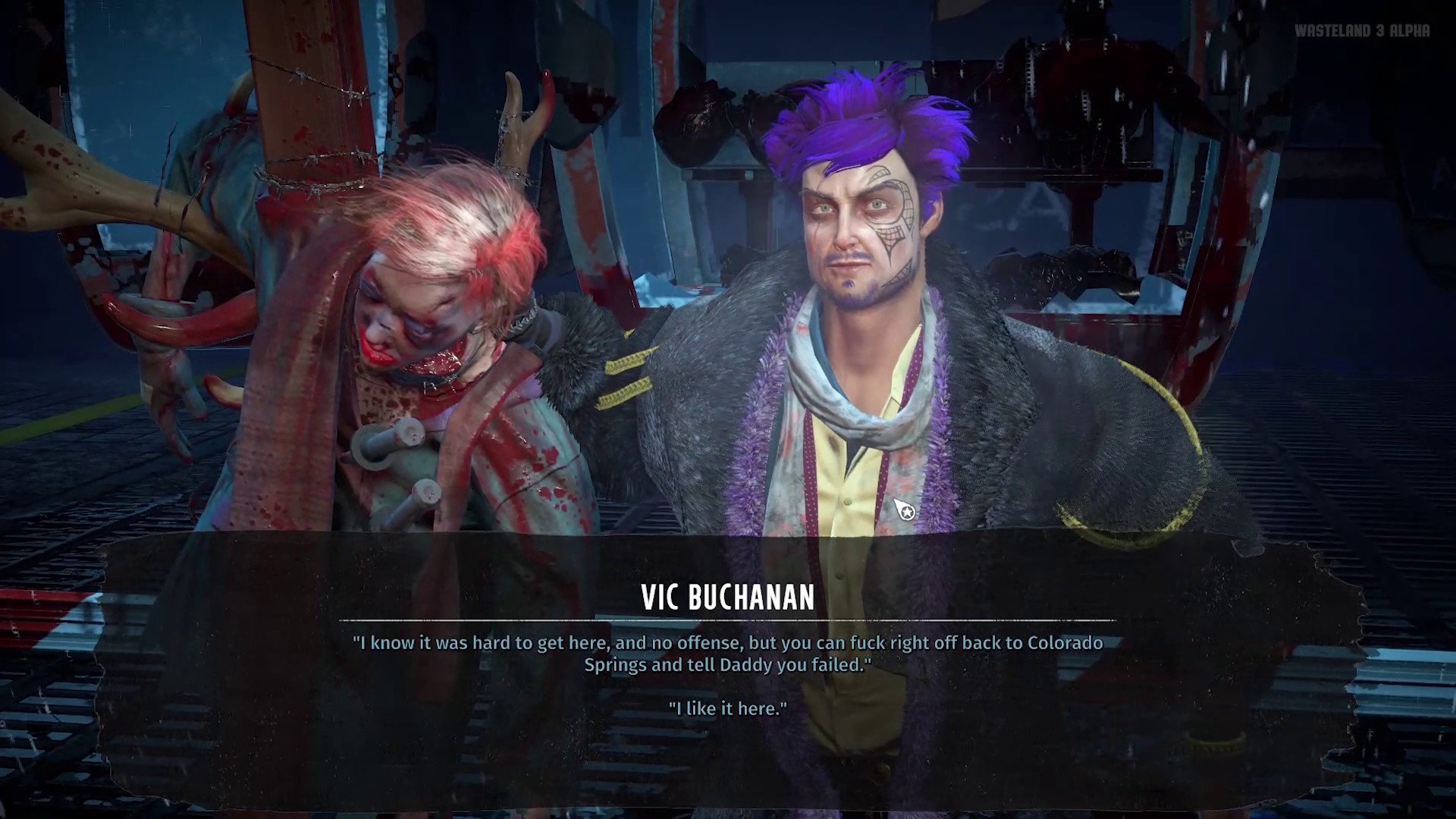
Throughout 2018 and 2019, Microsoft went on a studio shopping spree to bulk up its internal portfolio, which has arguably been Xbox's biggest pain point throughout this entire generation. Playground Games joined the team, famed for the Forza Horizon franchise. Obsidian leaped across, known for RPGs like Pillars of Eternity and Fallout New Vegas. And classic RPG veterans inXile also joined, bringing with it cult RPGs Wasteland and Bard's Tale.
In the case of Playground Games, the team has been spinning up a second studio arm specifically to build an RPG, widely expected and rumored to be within the dormant Fable franchise. Playground has been hiring top-tier talent for the effort as well, picking up veterans from Rockstar Games and others in the process.
Get the Windows Central Newsletter
All the latest news, reviews, and guides for Windows and Xbox diehards.
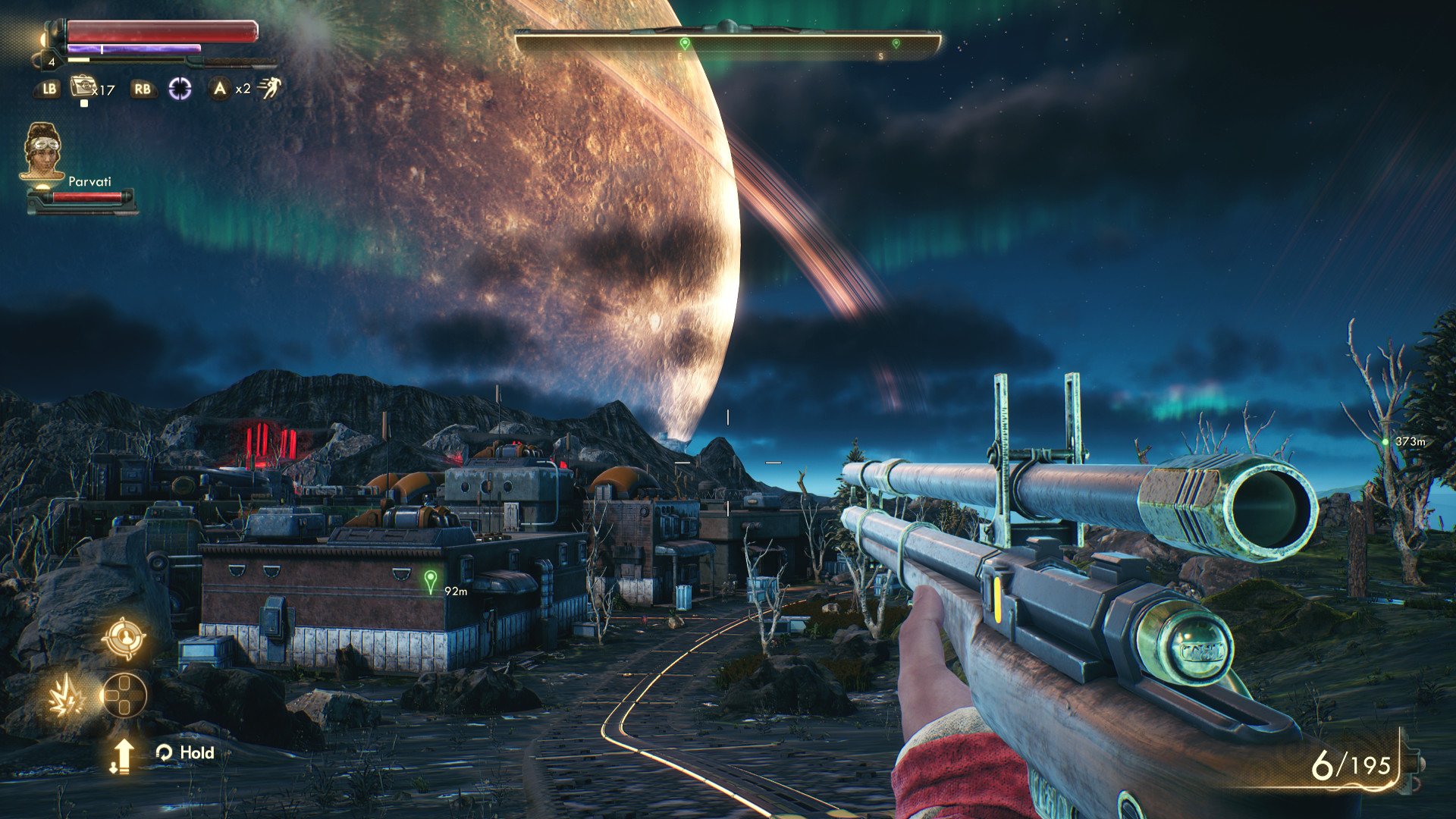
Recently, Obsidian released The Outer Worlds, which is a very strong callback to the likes of Mass Effect and Fallout New Vegas, with razor-sharp character writing, and where your choices truly matter. The game has proven to be a big hit, and future entries in the franchise will fly under the Xbox Game Studios banner. There's every reason to believe that Obsidian will continue the Pillars of Eternity franchise, too, which has proven to be very popular.
InXile Entertainment's Wasteland 2 and Bard's Tale IV made up for technical limitations with depth and quality writing. Recently, we got our hands on the pre-alpha demo for Wasteland 3, which gave us an hour-long glimpse at the game. Wasteland 3 already represents a massive step up for the studio in every possible aspect, from visuals and art to technical polish, and makes me incredibly excited for the future capabilities of this team.
Why is it that Microsoft seems more willing to fund these types of efforts than some of the third-party publishers?
Game Pass effect
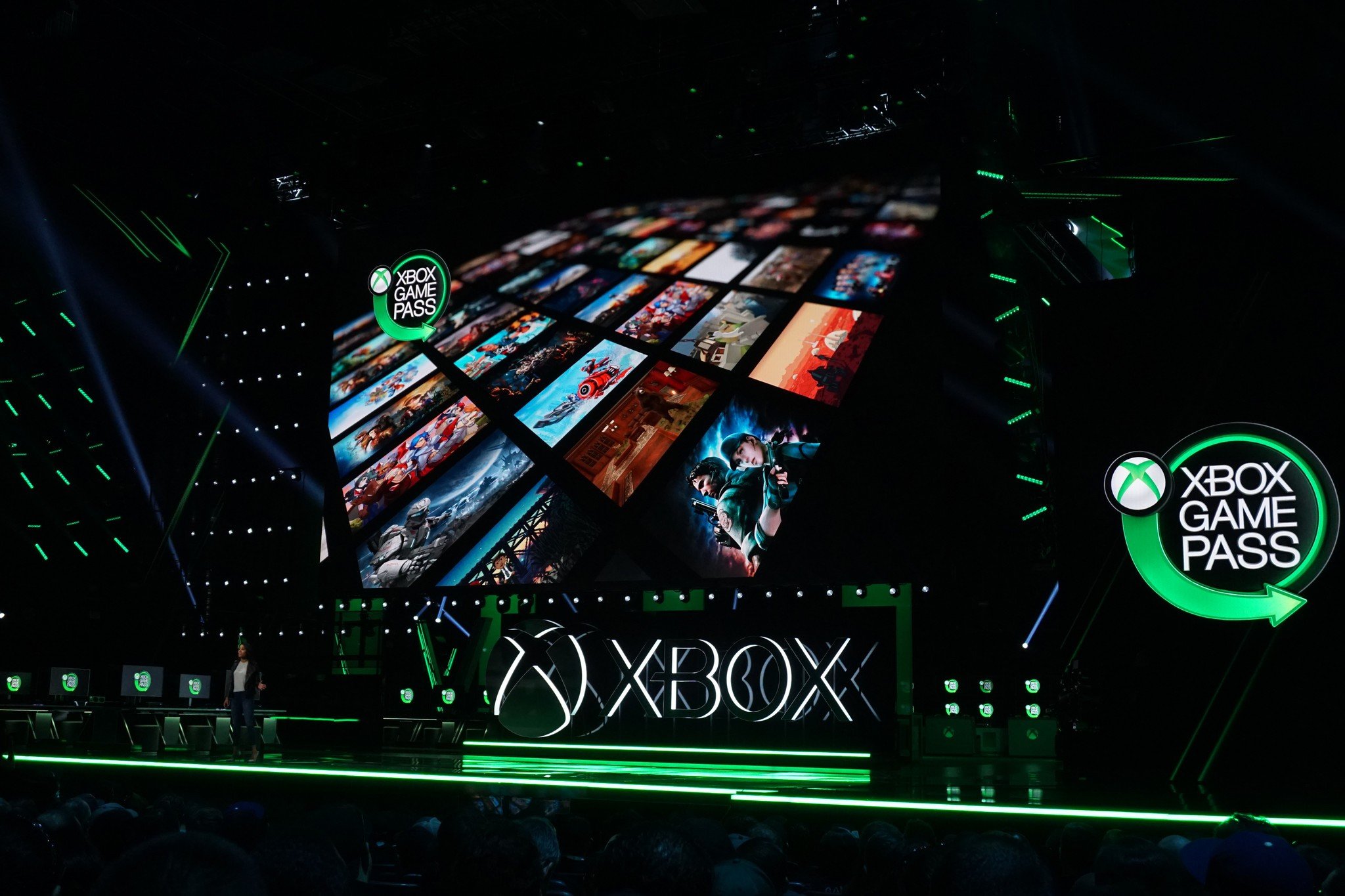
Besides the raw need to have some exclusive games for Xbox and Windows PCs, Xbox Game Pass and Project xCloud both add an incentive to cater to fans of all types of games. For third-party publishers catering to shareholders who only care about the money derived from games, rather than the art, it seems harder to justify single-player experiences. EA dropped Mass Effect Andromeda like a brick, diverting efforts to its multiplayer Horde-style systems that offer microtransactions, opting to complete the story via a book instead of a more costly single-player DLC.
https://twitter.com/JezCorden/status/1189305922302238720
For Xbox (and at least for now), Microsoft wants a broad spread of content across all genres, catering to all sorts of gamers. Games that might not have done particularly well critically have found their audiences through Xbox Game Pass, which is also leading many players to explore titles they might have otherwise not bothered with.
Xbox Game Studios' lead Matt Booty commented (via Gamespot) that they aren't going to dictate what types of games its studios should make, and they should instead look at the data and decide for themselves.
One of the more satisfying things about Game Pass that we've seen is that games like Forza Horizon 4, that are in Game Pass and could be a traditional game with a pretty traditional structure, is doing fantastic in game pass in terms of people playing it and enjoying it. All the way through to Minecraft, which is also doing well. Same with Sea of Thieves. We've got State of Decay in there. So those games are all getting a lot of usage inside Game Pass which is great.For that reason we don't really prescribe what kind of game somebody should make. What we try to do is try to give them information, here's what we see in Game Pass, here's what we see doing well, here's kind of the way we think about it. And then we let the studios go after that.
Project xCloud will also have a significant impact on how studios can target players. Games like Wasteland 3 and Pillars of Eternity, for example, will be ideal candidates for streaming games, even over slow internet connections, due to their turn-based nature. Having access to these broader audiences via subscriptions and streaming will help ensure the survival of RPG genres that publishers like Bethesda and EA seem to be de-prioritizing. The more replayability through choices and length, the better, too, because it'll keep people subscribed for longer.
A win-win
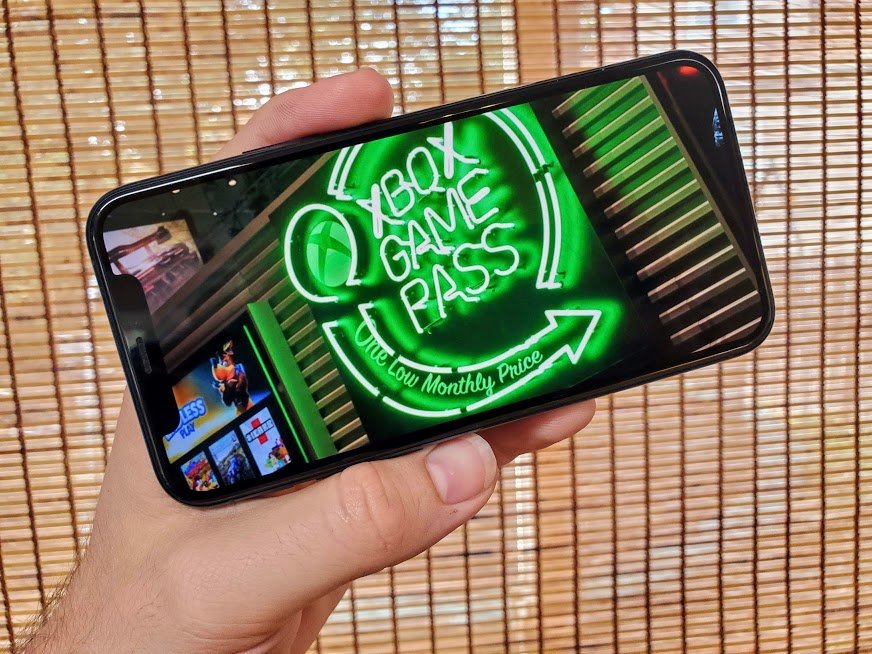
Through Xbox Game Pass, Microsoft has potentially found a win-win scenario for fans of all sorts of niche genres that some of the other bigger mega-publishers are increasingly turning their backs on. As Xbox Game Pass evolves, of course, this may not always be the case, but at least for now, it certainly seems like RPG fans on Xbox Game Pass will be well-catered for thanks to the likes of inXile and Obsidian. Playground Games' rumored Fable project is quite intriguing, too.
I do so hope we haven't seen the last of the single-player Fallout and Mass Effect RPGs, though.
Xbox
Main

Jez Corden is the Executive Editor at Windows Central, focusing primarily on all things Xbox and gaming. Jez is known for breaking exclusive news and analysis as relates to the Microsoft ecosystem while being powered by tea. Follow on Twitter (X) and Threads, and listen to his XB2 Podcast, all about, you guessed it, Xbox!
